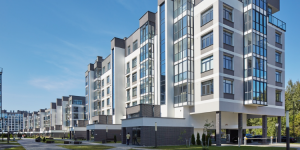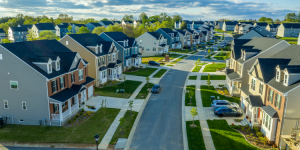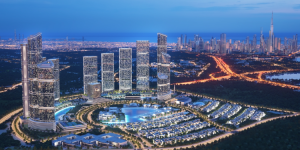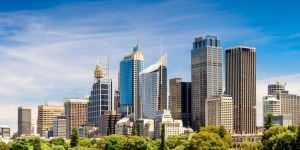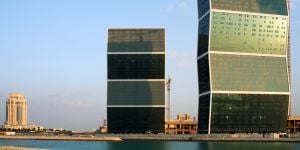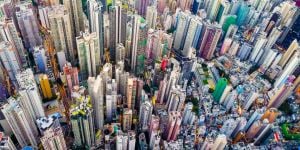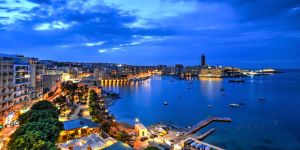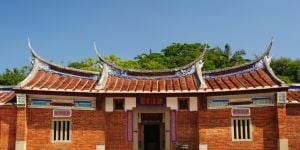
Real estate prices in Canada have reached all-time highs due to Covid, inflation, the real estate bubble, etc. For the government, facing one more crisis is not an option. Prime Minister Trudeau recently introduced restrictions for wealthy expatriates to end real estate speculation.
The government hopes to lower property prices and build more housing units. Obviously, this will have a significant impact on foreign buyers. Justin Trudeau also announced massive reinvestment in housing units for the middle classes and the most precarious, hoping that this strategy would end the speculation. But Canada isn't the only country faced with such a situation.
Wealthy expats are driving up property prices in Canada
The new measures definitely come as bad news for wealthy expatriates. In April, the Trudeau government introduced a two-year ban on the purchase of property by foreigners. Canada is leaving no stone unturned to get out of its real estate bubble. In the past two years, house prices rose by more than 50%. Currently, a home costs nearly 870,000 Canadian dollars (about 640,000 euros). From the start of the pandemic, experts warned that the housing crisis would worsen, as would the gap between very high and low incomes. This is especially true for wealthy foreign investors who are not familiar with the country's socio-economic reality. Experts believe that real estate investments made by wealthy foreigners would include only the variables making it possible to make a profit. Meanwhile, many middle-class tenants delayed or canceled their real estate purchase plans from the start of the pandemic, unsure of their ability to support such investments in the long run. Another crucial factor is that construction sites came to a standstill during the Covid peaks and lockdowns, and this caused major delays in real estate projects.
The ban on property purchase for wealthy foreign investors isnt' the only measure taken by the Canadian government. An increase in funding for housing construction has also been announced. A 4 billion Canadian dollars budget has been estimated over two years to build at least 10,000 homes, plus 6,000 additional homes for the most precarious families. But in Ontario – where a tax has been introduced on the purchase of property by foreigners – opinions are somewhat mixed. In Toronto, on the other hand, real estate purchases made by foreigners represent barely 3% of total purchases.
Real estate speculation in Europe
In Europe, too, real estate prices have been rising, especially in Belgium, France, the United Kingdom, Germany, and Spain. Portugal, however, recorded the most substantial price rise (27.5%.). In Germany, prices rose by 23.5%. In other European countries where property prices have also increased, the situation is less chaotic. As in Canada, the salaries of potential buyers (excluding wealthy foreigners) are not keeping up with rising real estate prices. On the one hand, the health crisis led to a surge in the real estate market, increasing moves from cities to the outlying suburbs. But, the upturn is temporary and does not mask real estate market imbalances. Here again, real estate speculation led to soaring property prices.
At the same time, wealthy foreigners keep on investing in European real estate. In 2022, Portugal and Poland are among the most promising countries for property investment. In Poland, speculation is obvious. Foreign investors are taking advantage of the economic crisis to buy property for cheap until prices rise again. Besides, Portugal's golden visa, with its tax benefits, is a blessing for wealthy foreigners. According to experts, the country partly owes its economic recovery to wealthy foreigners who invested massively in the country following the 2008 financial crisis. Reviving its tourism industry, Portugal thus became a popular tourist and expat destination. However, the Covid pandemic triggered another phenomenon: residents rediscovered their neighborhoods, at least during the first confinements. But as borders reopened, the slow economic recovery rekindled concerns. As a result, the Portuguese government is facing a new challenge -- that of fighting real estate speculation and facilitating access to property for the Portuguese while reviving the economy.



